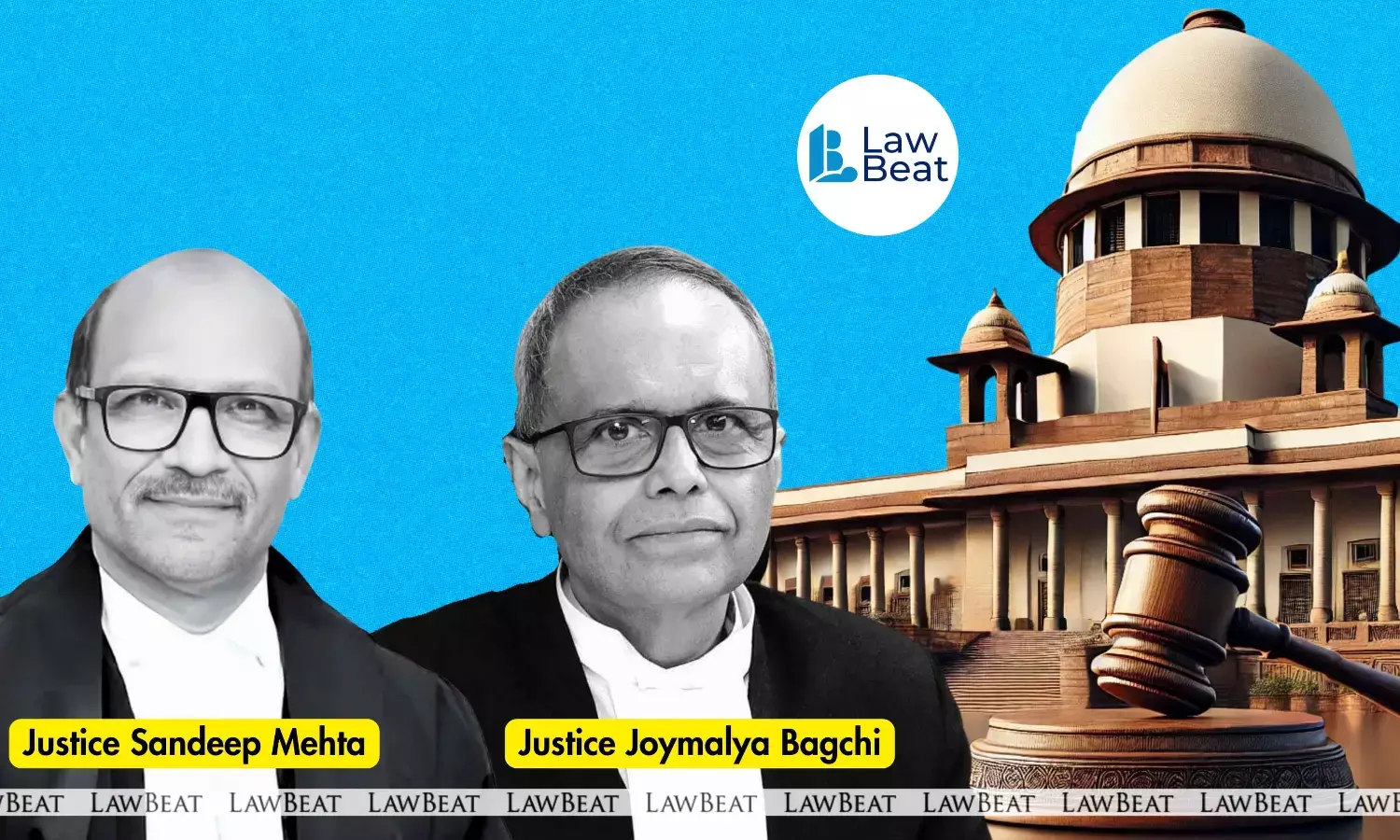Karta of HUF Has Wide Discretion to Sell Joint Family Property for Legal Necessity: SC

The Supreme Court of India affirms a Karta’s right to sell Hindu joint family property, citing legal necessity
The Supreme Court on September 16, 2025, said that the right of a Karta to sell joint family property is well settled and he enjoys wide discretion with regard to existence of legal necessity and in what way such necessity can be fulfilled.
A bench of Justices Sandeep Mehta and Joymalya Bagchi held that whether a legal necessity exists to justify such a sale must be assessed based on the facts and circumstances of each case.
Court was hearing a challenge by a coparcener against the sale of a parcel of land by the Karta, which had earlier been dismissed by the High Court. The apex court set aside the dismissal, confirming the validity of the transaction.
The court observed: “We are conscious that the onus to prove that a sale made by the Karta on behalf of other coparceners of HUF for legal necessity lies on the alienee/purchaser.” At the same time, it cautioned that this burden of proof cannot go against Section 106 of the Evidence Act, 1872, by forcing a purchaser to establish facts that lie within the special knowledge of the coparceners themselves.
Setting aside a Karnataka High Court judgment of January 12, 2007, the Supreme Court held that the High Court erred in ruling that the sale in favour of the fifth defendant was not for legal necessity and that the purchaser was not a bona fide buyer for valuable consideration.
Court recorded that the suit land stood in the name of the first defendant-Karta. Relying on these entries, the fifth defendant purchased the property for valuable consideration. Money receipts were executed by coparceners, including defendants three and four as well as Kashibai. On this basis, the bench ruled: “Given these facts, we are inclined to hold 5th defendant-purchaser could not have doubted the right of the 1st defendant-Karta to effect the sale for legal necessities and had acted as a man of ordinary prudence to purchase the suit land".
Court also flagged the plaintiff’s conduct in belatedly challenging the transaction five years later, in 2000, which cast serious doubt on his bona fides. His explanation that he was unaware of the sale since possession was not parted with was rejected. The bench said: “Such explanation is wholly facetious as ample evidence in the form of mutation certificate, land record entries standing in the name of 5th defendant have come on record establishing his continued possession of the suit land".
The plaintiff had alleged that his father, Sharanappa, the Karta, was addicted to alcohol and sold various parcels of land for meagre amounts to support his habits. He contended that the 1995 sale deed was executed in collusion with his brother and sought its cancellation, along with partition and possession. However, both the trial court and later the Supreme Court held that the property was sold for genuine family needs.
The trial court had found that the sale was executed to meet expenses for Kashibai’s marriage, which constituted legal necessity. Although the High Court overturned this finding, the Supreme Court restored it, stressing that financial stress from marriage expenses could extend over years.
The bench remarked, “It is true Kashibai’s marriage had taken place in 1991, couple of years prior to the 1st defendant-Karta entering into sale of the suit property for valuable consideration. It is common knowledge families incur heavy debts to perform marriages of their daughters and such debts have a cascading effect on family finances down the years".
In conclusion, the Supreme Court held that the High Court had ignored crucial facts, misapplied the law, and wrongly doubted the purchaser’s bona fides. Upholding the trial court’s decision, the apex court dismissed the suit.
Case Title: Dastagirsab Vs Sharanappa @ Shivasharanappa Police Patil (D) by LRs. & Ors
Judgment Date: September 16, 2025
Bench: Justices Sandeep Mehta and Joymalya Bagchi
